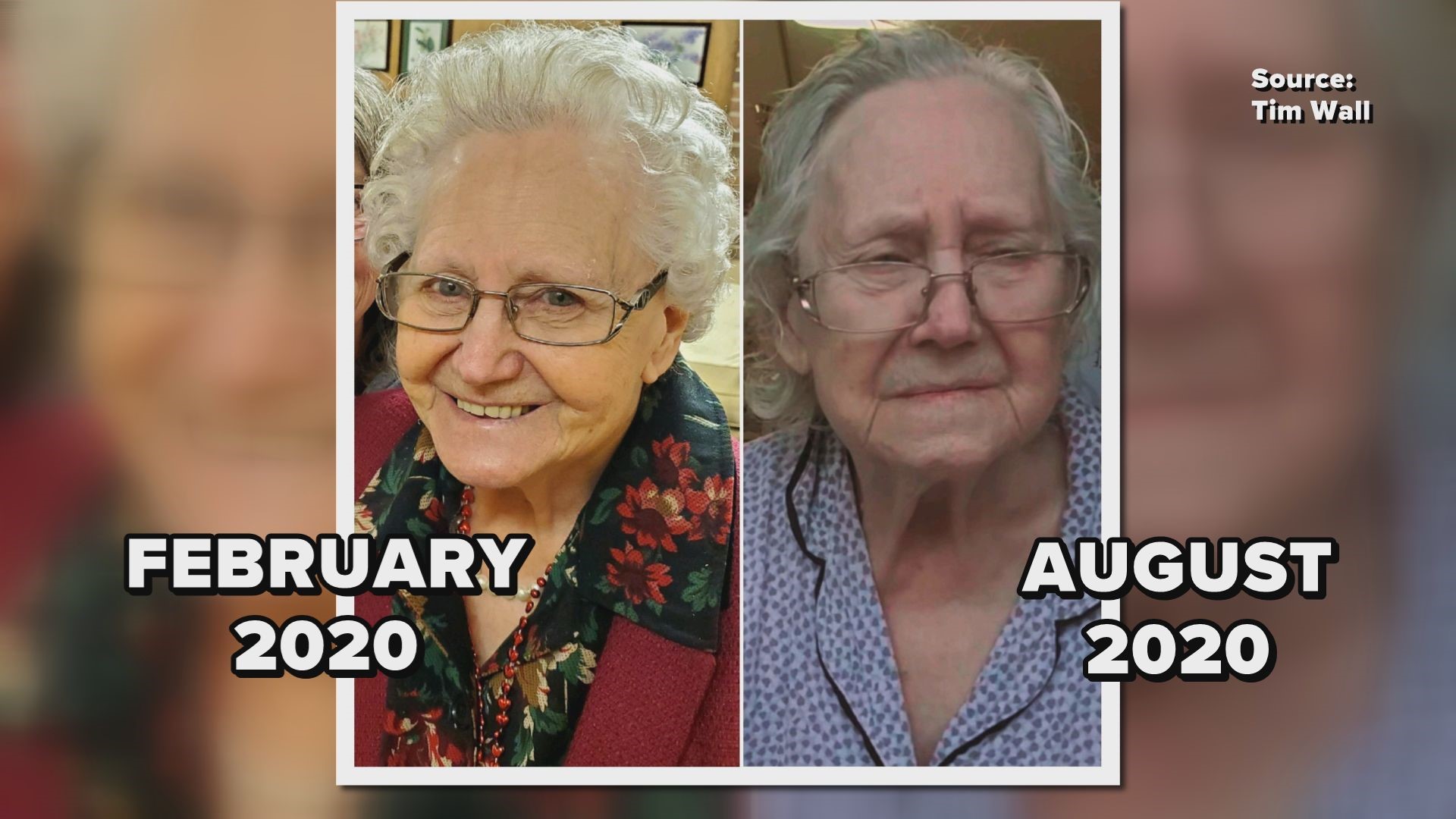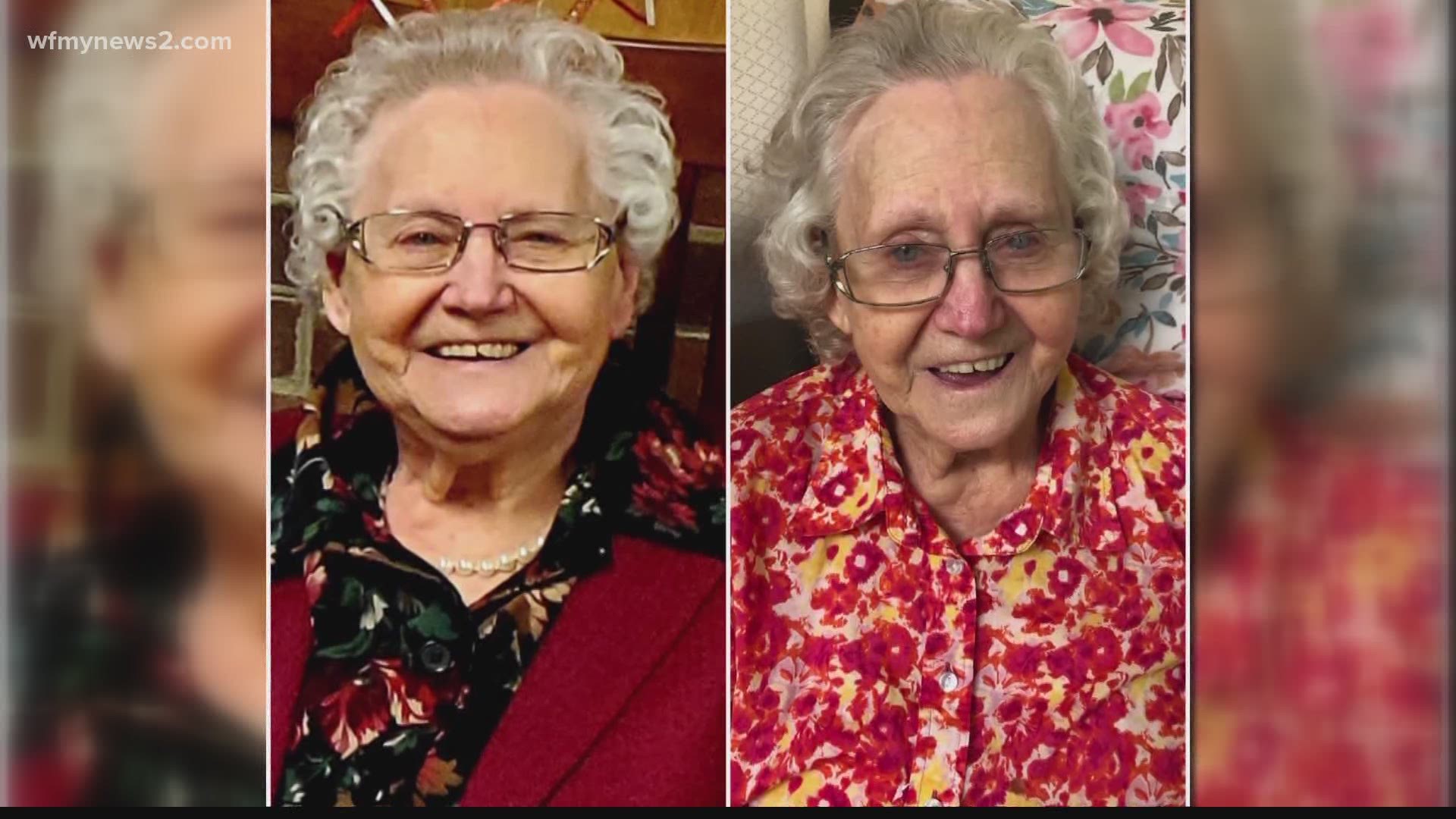KERNERSVILLE, N.C. — For many North Carolina families, Phase 2.5 offers a chance to see loved ones they've missed for months. Outdoor visits at nursing homes will now be allowed in September, starting on Friday.
However, some families say this type of visitation isn't enough.
"I'll be brutally honest," said Tim Wall, "It's better than nothing, but it's like throwing a bone."
North Carolina Secretary of the Department of Health and Human Services, Dr. Mandy Cohen, issued an order on September 1, effective September 4 at 5 p.m., which allows families to visit their loved ones who live at nursing homes outdoors.
To participate, requirements must be met: the facility needs a written plan, plenty of PPE, and no ongoing outbreak, among other things. You can read the full order here.
"We've been trying to find this balance of protection, but also recognizing that this visitation is part of living a full and complete life," Dr. Cohen said Tuesday.
Secretary Cohen says, they're taking this reopening - of nursing homes, housing the most medically frail - one step at a time in order to keep the virus out.
But Wall says, although his 88-year-old mother, Peggy doesn't have COVID-19, she's still diminishing inside a Kernersville facility.
"The longer this goes on, the less of my mother I have," he said.
On Wednesday, he took this concern to the State Senate, pushing for greater access to the elderly - really, for those who spent time with their loved ones on a regular basis before the pandemic.
"What we are after is a designation that other states are now doing, where there is a designated essential caregiver," Wall said, "We're not talking about visitors, we are talking about family. Family aren't visitors."
Wall says, his mother, who was diagnosed with a form of dementia seven years ago, needs more love, more care, and more socialization - especially now.
The evidence, couldn't be more clear, he says, than in the latest side-by-side picture of Peggy, showing the toll of social isolation.
"Just keeping residents in long-term care fed and watered is not living. That's a violation of their rights," said Wall.
Congregate living facilities have been some of the hardest places during the pandemic. Currently, there are 44 active outbreaks at facilities in the triad.



